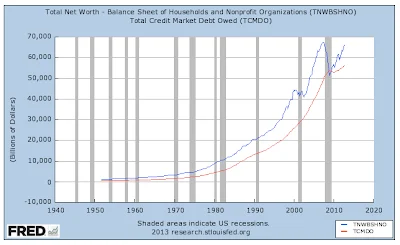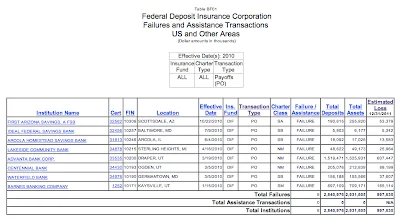Rush Limbaugh keeps repeating that 4 million Republicans stayed home and didn't vote for Romney, for example,
here, on March 12:
"[H]ad four million Republicans shown up to vote, who did vote in '08 but didn't vote in 2012, we wouldn't be talking about an Obama victory."
This just isn't so. I understand Rush wants to blame the base and not the candidate, but this '4 million' assertion simply has no basis in fact.
McCain received 59.95 million votes in 2008, of 131.5 million cast: 45.6%.
Romney received 60.93 million votes in 2012, of 129.2 million cast: 47.2%.
That's almost a million more votes for Romney than for McCain, and as I've said before, in the swing states Romney lost the entire election by just 770,000 votes. McCain lost to Obama in roughly those same states by 1.4 million votes.
You can argue that lower turnout overall by 2.3 million was all Republican lower turnout, but I don't know how you'd know that. Besides, it's a fact Obama received 3.59 million fewer votes in 2012 than he did in 2008. A good share of them must be represented in that 2.3 million total. Splitting the difference, which is probably more unfair to Romney than to Obama, you are left with 1.15 million Republicans staying home minus the 980,000 by which Romney bested McCain.
The bottom line is you're left with 170,000 Republicans who may have stayed home. Peanuts compared to what was needed to prevail in the swing states.
If Rush wants to argue those 4 million he thinks stayed home were somehow replaced by some new Republican voters no one's ever heard of, he's welcome to do so, but as far as I can make out Republican registrations have remained constant longer than just the last two cycles, while Democrat registrations have declined as a percentage of the eligible voter base as more and more people, according to the Bipartisan Policy Center (BPPC),
here, bail out of partisan affiliation altogether:
These revised figures further support the trend in the states which have partisan registration toward increased registration for neither party, rising for the 13th consecutive presidential election year. Based on raw and unadjusted registration figures, Democratic registration is 36 percent of eligible voters, down by 2.2 percentage points from 2008; Republican registration is 27.2, unchanged from 2008 and on the same level as it has been for several election cycles. Republican registration has remained steady due to an increase in Southern and Mountain states registration that have compensated for losses in the West and New England. Registration for neither major party is at 23.8 percent of eligible voters, up from 22.0 in 2008 and now nipping at the heels of the two major parties.
In 2012 BPPC estimated eligible voters at roughly 219 million, meaning Republican registrations were nearly 60 million, Democrat nearly 79 million. But as a share of the eligible voters, Democrats continue to lose affiliation while Republicans tread water, which is why Democrats have to work like dogs, lie, slander and spend gobs of cash to win in still pretty conservative places like Ohio, where the margin was 167,000 votes out of 5.6 million cast.
Rush Limbaugh should stop dumping on his peeps. They haven't let anybody down, but their leaders sure have.
































.jpg)






